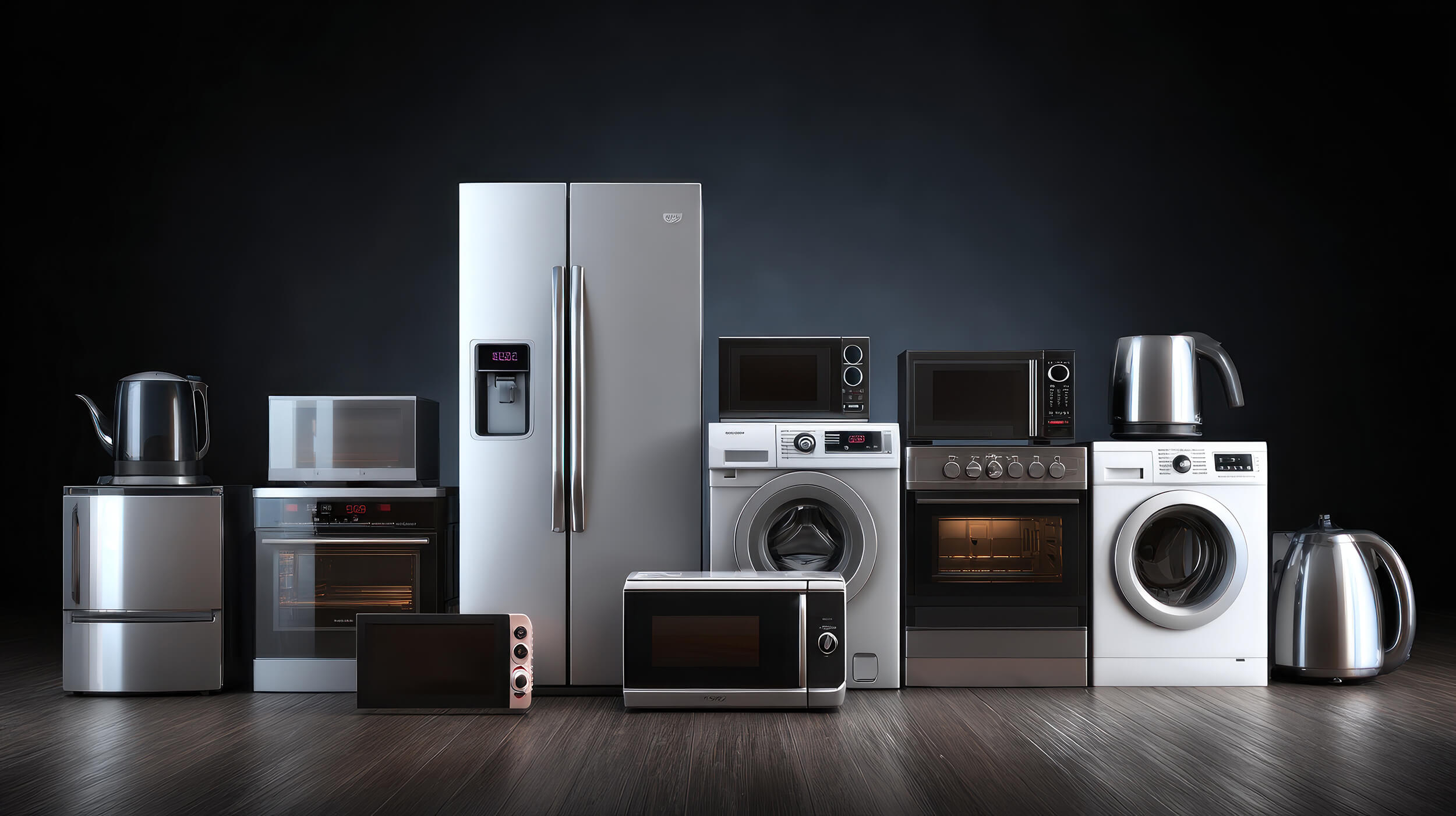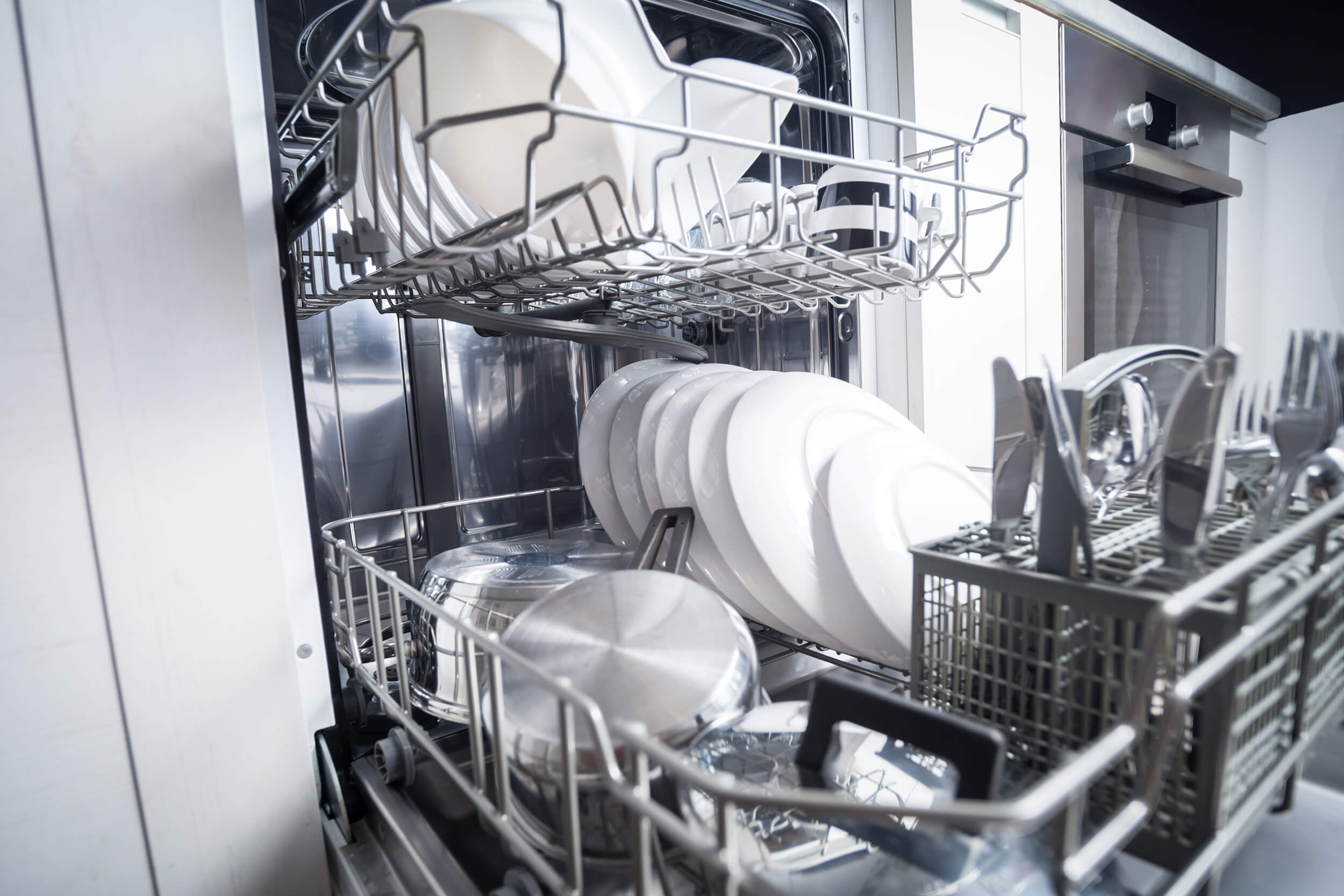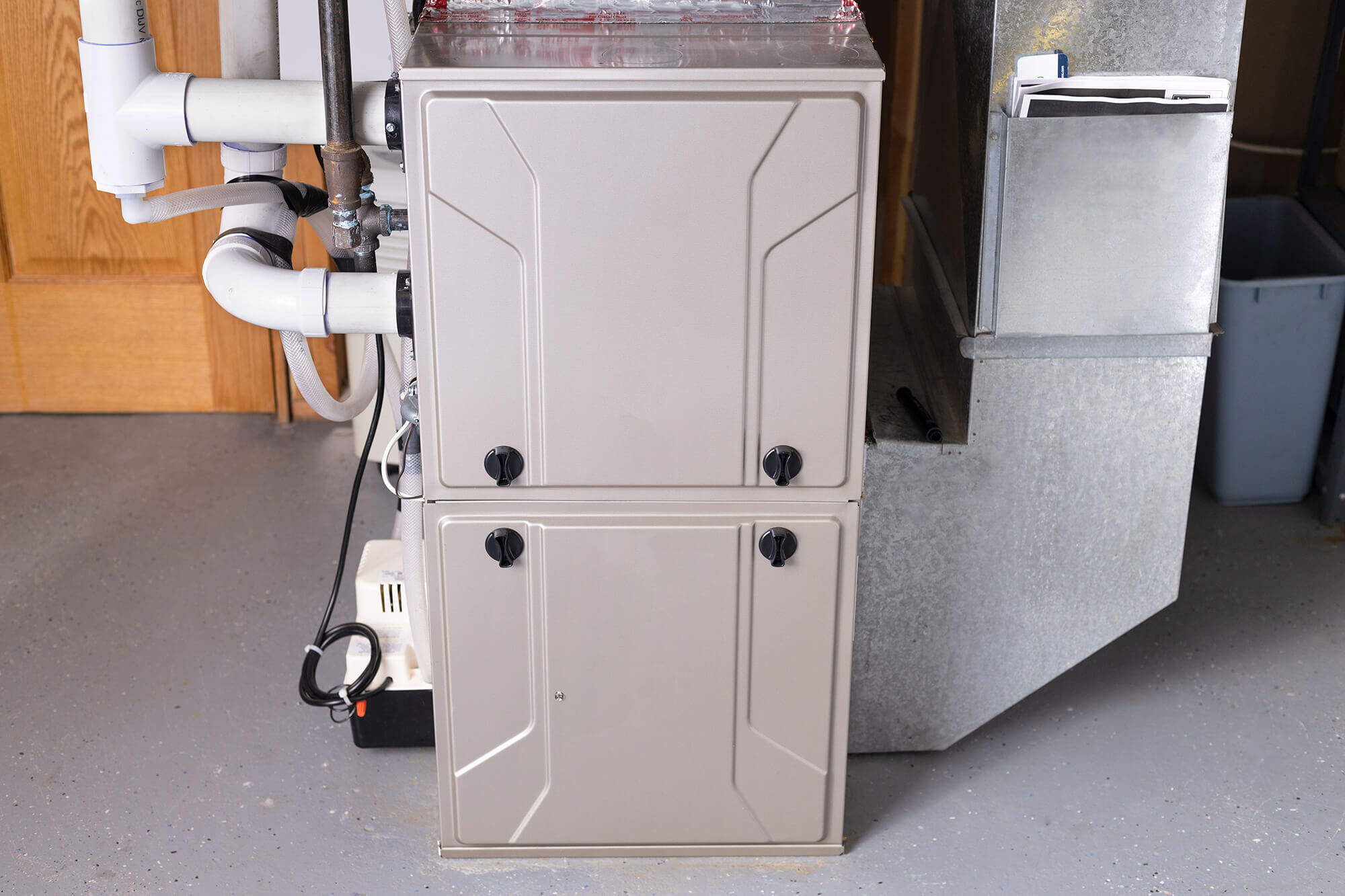More information:
Serena Ingre, NRDC, 415-875-6100
Glee Murray, ACEEE, 202-507-4010
Andrew deLaski, ASAP, 617-515-7755 (cell)
DOE Meets President Obama’s Pledge for Five New Energy Standards by August
Nearly Two Dozen More Expected this Term
Washington, D.C. (August 31, 2009): The average energy use of the most common new cold beverage vending machines would be cut by about 42% according to new national minimum standards published today by the U.S. Department of Energy (DOE). Today’s move fulfills President Obama’s February 5th pledge to complete five new efficiency standards by August. Energy efficiency and environmental groups lauded the new standards and DOE’s prompt fulfillment of the President’s commitment while lamenting the lack of energy-saving smart controls for vending machines that could have achieved even larger savings.
“With roughly 3 million beverage vending machines in the U.S., or 1 for every 100 Americans, a strong national standard means real savings for all the universities, park districts, hotels, and other institutions and businesses that pay the electric bills for these machines,” said Noah Horowitz, Senior Scientist with the Natural Resources Defense Council. “With these standards, we are assured that all new soda vending machines will be energy sippers and not the energy guzzlers of old.”
These standards build on a series of improvements in vending machine efficiency achieved over the past decade. According to Horowitz, who pioneered research into vending machine energy use, many machines used as much as 3,000 to 5,000 kilowatt-hours per year in the mid-1990s. With the new standards, per unit energy use will be no more than about 1,400 to 1,800 kilowatt-hours per year. Once the new standards take effect in three years, typical new machines will save well over $100 per year, with the savings being much greater for larger machines and those in warm climates.
“The President asked for action and DOE delivered,” said Andrew deLaski, Executive Director of the Appliance Standards Awareness Project (ASAP). “The next step, as directed by the President, is for DOE to meet or beat the legal deadlines for the other twenty-three standards due this term and make sure that each new standard is as strong as possible.”
President Obama signed a memorandum on February 5, directing DOE to complete five new standards by August and to meet or beat all legal deadlines for standards due later. Altogether, about two dozen new energy efficiency standards are due during the current presidential term. According to estimates by ASAP and the American Council for an Energy-Efficient Economy (ACEEE), the combined annual savings from strong new standards for these products could tally up to nearly 4% of total U.S. electricity consumption in 2030 and carbon dioxide emission reductions of 158 million metric tons, equivalent to the output of 63 coal-fired power plants.
One key to large savings for many products is smart controls technologies. For example, even more savings could be achieved for vending machines if DOE had required controls that dim or shut off machine lighting during extended periods of non-use. But, during the previous administration, DOE decided it lacked authority to include more than one efficiency requirement for any one product (e.g., a maximum daily energy use and a controls requirement), so the agency did not even evaluate the costs and benefits of controls. Though it is too late to consider controls for vending machines, there is still time to consider them for the nearly two dozen additional products that will be considered for standards by the Obama Administration.
“It doesn’t make sense in this day and age to ignore affordable, energy-saving technology. It’s like choosing not to use an axle when you have the wheel,” said Jennifer Amann, Buildings Program Director at ACEEE. “DOE should revisit the Bush administration view that it cannot set multi-metric standards in order to open the door for savings from controls technology and multi-part standards.”
Action on the pending climate and energy legislation would make DOE authority for multi-component standards clear. Section 213(a) of the Waxman-Markey bill specifies that DOE can include more than one efficiency requirement for any given product.
Altogether, according to DOE, the proposed new beverage machine standards could save about 16 billion kilowatt-hours of electricity over 30 years (or 0.16 quad of primary energy). This is enough electricity to meet the needs of about 1.4 million typical U.S. homes for one year. The standards would save vending machine property owners nearly $500 million over thirty years. The standards would, cumulatively over thirty years, eliminate nearly 10 million metric tons of carbon dioxide emissions (or roughly the amount emitted by two million typical cars in a year). These carbon dioxide emission reductions, according to DOE, are worth as much as another $543 million.
While vending machines are one of the smaller standards ranked by energy savings, it will take strong standards for each of the two dozen products to meet ambitious energy savings goals. The next big potential energy-saver among the pending DOE standards will cover residential water heaters.
###
The American Council for an Energy-Efficient Economy is a nonprofit organization dedicated to advancing energy efficiency as a means of promoting economic prosperity, energy security, and environmental protection. ACEEE was involved in the legislation establishing federal efficiency standards, and has been active in all rulemakings since then. For information about ACEEE and its programs, publications, and conferences, contact ACEEE, 529 14th Street N.W., Suite 600, Washington, D.C. 20045 or visit aceee.org.
The Appliance Standards Awareness Project is dedicated to increasing awareness of and support for cost-effective appliance and equipment efficiency standards. Founded in 1999, ASAP is led by a steering committee that includes representatives from energy efficiency organizations, the environmental community, consumer groups, utilities, and state government. See standardsASAP.org.
The Natural Resources Defense Council is a national environmental advocacy organization with over 555,000 members. NRDC has spent decades working to build and improve DOE’s federal appliance standards programs because of the important energy, environmental, consumer, and reliability benefits of appliance efficiency standards. NRDC participated in the enactment of the first federal legislation establishing efficiency standards, and has been active in all significant rulemakings since then. See nrdc.org.




